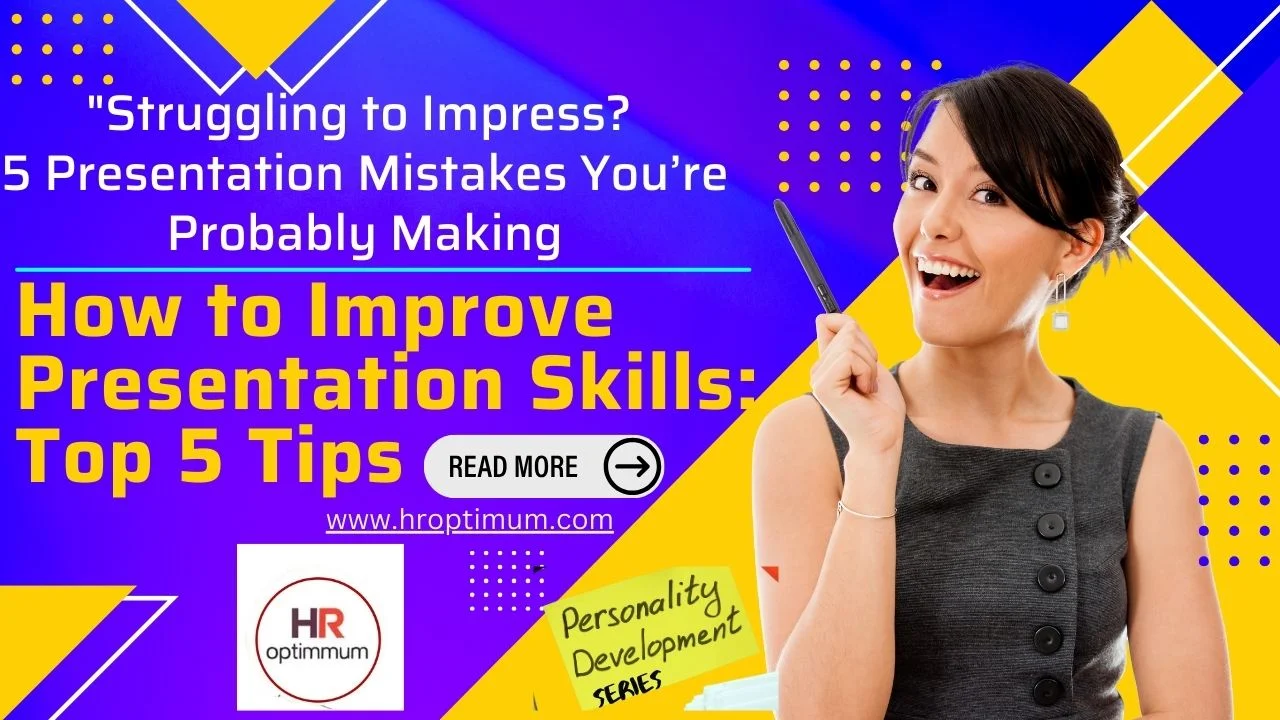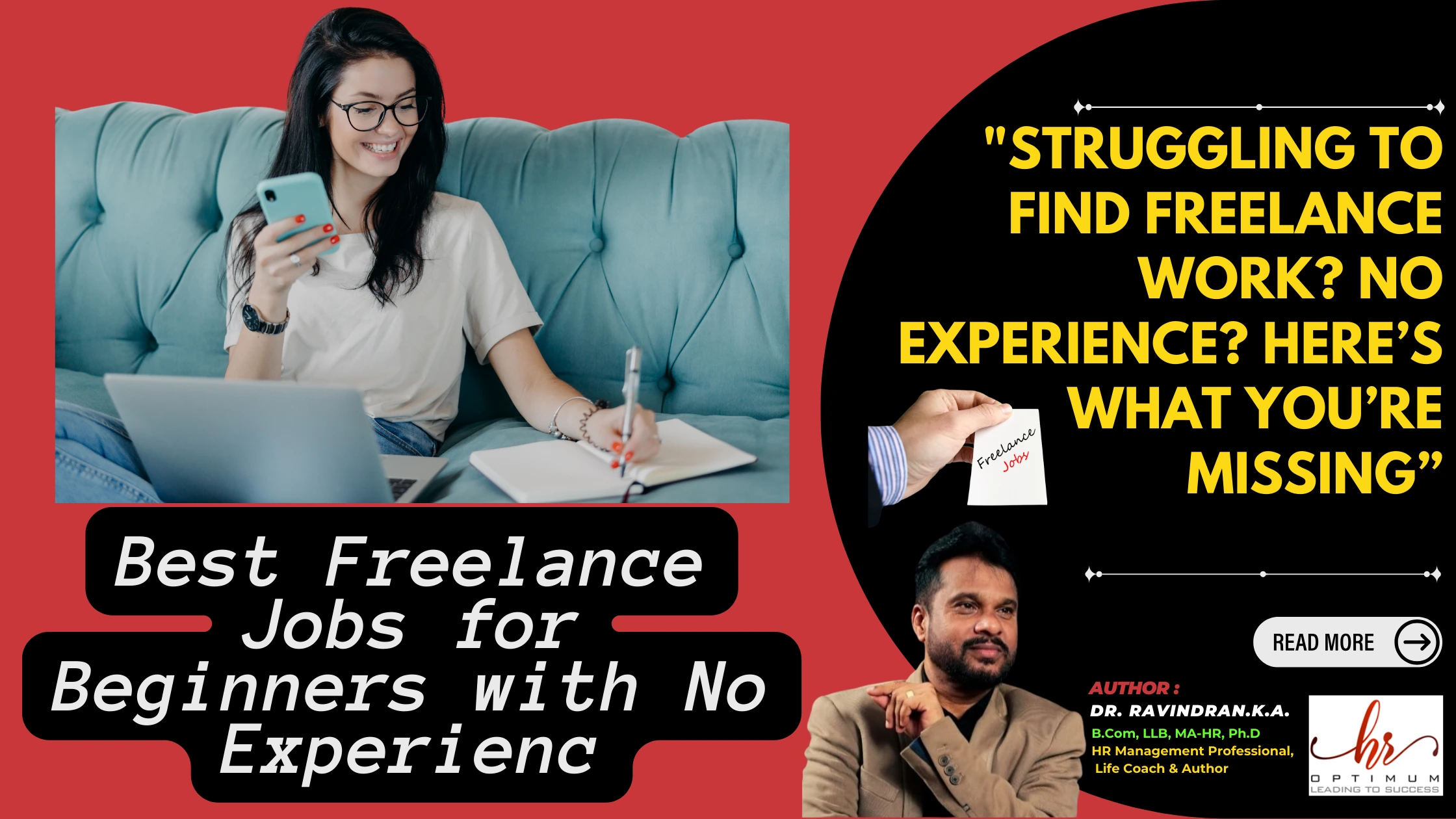Interviews: The Moment Where Dreams Meet Reality
It starts with an email. That one message you’ve been waiting for: “We’d like to schedule an interview.” Your heart races, hope flares up—and then the anxiety kicks in.
Thank you for reading this post, don't forget to subscribe!We’ve all been there.
The truth is, no matter how many degrees or experiences you stack up, interviews still remain one of the trickiest parts of the job hunt. Especially in India, where competition is fierce and expectations are sky-high, one bad answer can cost you the opportunity you’ve been preparing for months.
The good news? Most interviews follow a predictable pattern. And if you take the time to understand and practice how to answer common interview questions, you can walk into that room feeling like you belong there.
Let’s dive in.
10 Interview Questions You Must Be Ready For (With Examples)
1. Tell Me About Yourself
This isn’t about where you were born or how many siblings you have. It’s your chance to give a short, focused summary of your professional self.
Example: “I’m a commerce graduate who loves working with data and solving business problems. During my internship at XYZ Ltd, I improved reporting speed by automating manual tasks. Now, I’m looking to build my career in business analytics.”
2. Why Do You Want This Job?
They want to know: Did you read about us? Do you know what we do?
Tip: Match your interests with what the company stands for.
Example: “I’ve followed your company’s work in sustainability. As someone who cares about the environment, I’d love to be part of projects that make a difference.”
3. What Are Your Strengths and Weaknesses?
This one trips many candidates. Be honest, but don’t go overboard.
Example Strength: “I’m quick at learning new tools and have a knack for organizing messy data.”
Example Weakness: “I used to hesitate while asking questions, thinking it made me look less competent. But I’ve learned that asking early prevents mistakes later.”
4. Where Do You See Yourself in Five Years?
Don’t just say “in a managerial role.” Connect your growth to the company.
Example: “I hope to be in a position where I can lead teams and also mentor freshers—just like I was mentored during my internship.”
5. Why Should We Hire You?
This is your pitch. Sell your skills without sounding overconfident.
Example: “I’m someone who jumps in with both feet. During college, I handled multiple responsibilities—from projects to leading college events—and I still managed my grades. That balance is what I’d bring here.”
6. Do You Work Well Under Pressure?
Simple answer: yes. But prove it with a story.
Example: “During my final year, I was preparing for campus placements while working on a deadline-heavy thesis. I used daily to-do lists and scheduled deep focus hours to stay on top of both.”
7. Tell Me About a Time You Failed.
The best candidates don’t hide their failures—they own them.
Example: “In my internship, I was overconfident about completing a module alone. I missed the deadline. It taught me the value of asking for help and planning realistically.”
8. What Do You Know About Our Company?
You can’t fake this. Read the website, the news, or even LinkedIn posts.
Tip: Mention something recent—like a product launch or award.
9. Describe a Conflict You Handled.
Pick a real-life team issue and how you helped solve it.
Example: “In a group project, two team members had clashing ideas. I arranged a small meeting where everyone explained their side. We ended up combining both approaches into a stronger final result.”
10. Do You Have Any Questions for Us?
This isn’t a formality. Show your curiosity.
Example: “How does your team handle feedback and learning from mistakes?”
How to Prepare Without Feeling Overwhelmed
1. Write answers in your own voice – Don’t copy answers from the internet. Use real examples and language you’re comfortable with.
2. Practice out loud – Saying things in your head doesn’t count. Speak in front of a mirror or a friend.
3. Record and review – Use your phone. You’ll be surprised what you sound like, and you’ll spot where to improve.
4. Dress the part – Whether it’s formal or business casual, being well-dressed shows respect.
5. Learn from each interview – After each one, jot down what went well and what didn’t. Adjust and move forward.
Real Story: From Nervous to Nailed It
Harshit, a mechanical engineer from Pune, fumbled through two interviews and didn’t make it. He realized he was giving textbook answers. He decided to prepare using real stories from his college projects and internships. The next time, he shared how he fixed a lab issue under tight time. That story got him shortlisted—and later hired.
Preparation works. But authenticity seals the deal.
Final Words: The Interview Is Yours to Win
Your degree gets you the call. Your interview gets you the job.
Don’t wait till the last minute. Start today. Pick five questions from this list. Write your answers in your notebook. Say them aloud. Do this daily for a week. That’s how confidence is built.
You don’t need perfect answers. You need real ones.
Good luck. And remember—no interview is ever wasted if you learn something from it.
FAQs: Common Interview Questions
Q1. Which common interview questions come up most?
Questions like “Tell me about yourself,” “Why this job?” and “What are your strengths and weaknesses?” are almost always asked.
Q2. How can freshers prepare for interviews?
Use college experiences, internships, or even class projects to explain your answers. Practice out loud often.
Q3. Should I memorize answers word for word?
No. That sounds robotic. Prepare bullet points and speak naturally.
Q4. What should I do if I don’t know an answer?
Be honest. Say, “I’m not sure, but I’d love to read more about it.” It shows curiosity.
Q5. What’s the STAR method again?
It stands for Situation, Task, Action, and Result. It helps you tell structured, easy-to-follow stories.
 hroptimum
hroptimum




